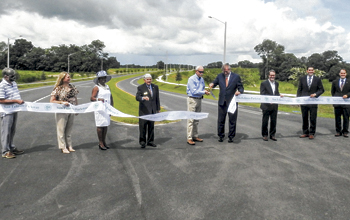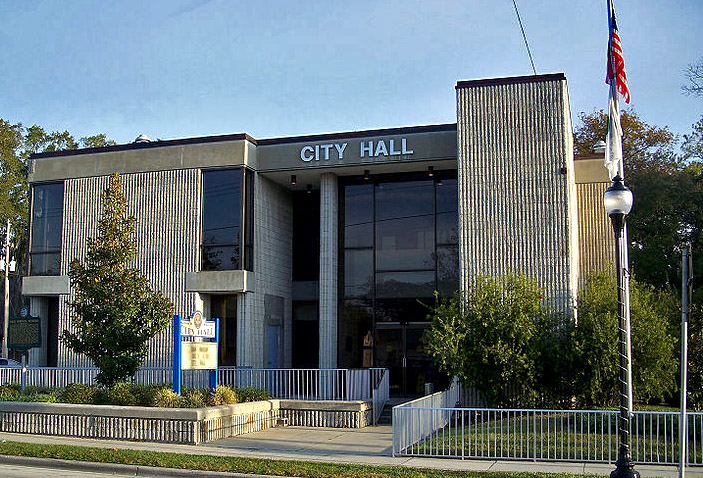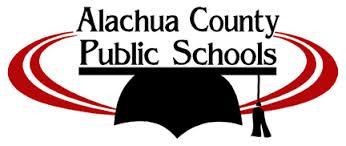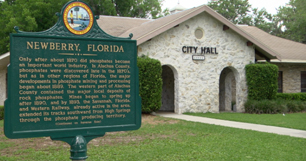ALACHUA COUNTY – With the COVID-19 pandemic not abating, there are renewed concerns with the school year starting. In Alachua County, the school board has postponed the opening of schools until Aug. 24 in the hopes that the infection rate will decline.
However, in the United States cases are not declining, yet there is a push to reopen in-person schooling. The United States accounts for 25 percent of the cases worldwide with over 4,398,994 cases and 150,774 deaths as of July28. Since July 1 there have been over 50,000 new cases per day in the U.S.
Florida has become a hot spot in the pandemic. As of July 28, there were 441,977 cases in Florida and 6,240 deaths. Over 80 percent of ICU beds are occupied throughout the state and are in use. In the past 10 days the state has seen an average of 10,000 new cases per day. On July 24, there was a high of 12,444 cases in 24 hours.
Despite the rise in cases, Florida Commissioner of Education Richard Corcoran issued an Executive Order July 6 requiring all public schools, including charters, to open in August for in-person instruction five days a week for all students.
While students are not required to attend school in person, the school districts are required to make it available to them. School districts must comply if they choose to also provide an alternative form of instruction, such as the Digital Academy.
Based on the order, all school districts must offer in person education five days a week to any student who wants it. The districts can then offer online learning as an alternative as long as in-person classes are also available. If a district does not have a state approved plan or were to defy the state order and employ 100 percent online learning, they stand to lose a portion of funding.
In Alachua County it is estimated that funding will be cut by about $30 million for half a school year. Since 85 percent of the district's operating budget goes toward salaries, that would have a large impact on employees and teachers, which would also limit the number of teachers and services, thereby limiting the district's ability to operate. State law prohibits paying people if they don't work, which means paying those employees whose jobs are based on student attendance such as bus drivers would be problematic. It would also affect other programs such as limiting the ability to provide free meals to students.
Teachers in Florida are suing the State to block the order requiring schools to open next month with in-person instruction. They say, with the surge of coronavirus cases, the order violates a provision in the Florida Constitution requiring the state to ensure schools are operated safely.
The order does say the final decision on whether to reopen schools rests with local superintendents, school boards and health offices. But it suggests funding may depend on whether they comply to open schools in person. The districts that submit reopening plans approved by the state will receive full funding.
The Florida Education Association (FEA) is suing Florida Governor Ron DeSantis over his administration’s push to reopen schools next month despite surging coronavirus cases in the state. Under the new guidelines requested by the White House, the CDC has downgraded their guidelines but recommends schools follow a certain level of precautions based on the amount of community transmission in their area.
The FEA contends that ordering an unsafe return to on-site instruction at public schools is a violation of Florida’s Constitution. Two nationwide unions, the National Education Association and the American Federation of Teachers, joined an announcement of the litigation in Tallahassee. Under current conditions the State does not meet the CDC guidelines. However, the executive order stands unless overturned in court, which is unlikely to happen prior to most schools opening.
The School Board of Alachua County (SBAC) has postponed the opening of schools for two additional weeks until Aug. 24 in the hopes that the infection rate will decline. They also sent out a notice to all families with school age children to survey whether they would prefer in person classes, digital learning or the Alachua eSchool, which is also computer based.
“Our initial results showed about 41 percent chose brick and mortar in person classes, 41 percent chose the Digital Academy and about 18 percent chose Alachua eSchool. However, we had a significant number of families who either didn't choose or didn't fill out the form correctly. We are also hearing from some parents who want to change their choice, so we are asking them to work with their schools to do that,” said SBAC Public Information Officer Jackie Johnson.
“For students in the Digital Academy and brick and mortar, we will be providing free meals. We cannot provide meals to students in the Alachua eSchool. For students who choose Digital Academy or Alachua eSchool, we will provide devices and will work with families to provide Internet access. We are working with Cox, Verizon, AT&T and other providers to make that happen, and in some cases, we may be using the buses for wifi,” Johnson said.
“Based on the number of students choosing the brick and mortar option, we do think we'll be able to have more social distancing. We're instituting a number of strategies to try to promote social distancing, but of course that is a challenge in a school, a setting that is designed for social interaction,” said Johnson.
The SBAC has submitted a draft plan to the state outlining the three options they intend to provide. The plan outlines strategies that will be implemented depending on the community spread of the virus—no spread, minimal/moderate spread and significant spread. According to the Alachua County Health Department, Alachua County is currently in the minimal/moderate spread category, although that could change.
One of the key goals of the Digital Academy is to promote a more seamless transition between brick-and-mortar and online learning if the state orders all schools closed or when more students return to in-person learning later in the school year. Under the Digital Academy option, students would receive live instruction at home from their assigned teachers. Students would be expected to be engaged in digital learning following their typical school schedule—for example, 7:45 a.m. to 1:52 p.m. for most elementary schools.
The third instructional option for local families is Alachua eSchool, which allows students to learn material and complete coursework on their own schedule and pace without live lessons. Since these students are not “in school” either in person or online, they are not included in the meals programs. The eSchool has been in existence for eight years and during the last school year served about 3,000 full and part-time students.
The debate on reopening schools during the rising case numbers is raging nationwide with many educators and medical experts concerned about its outcome and the possibility of creating a breeding ground for infection.
Only time will tell whether it was a good decision or not. Additional information on all three plans can be found at https://www.sbac.edu/
# # #
Email rcarson@
alachuatoday.com





